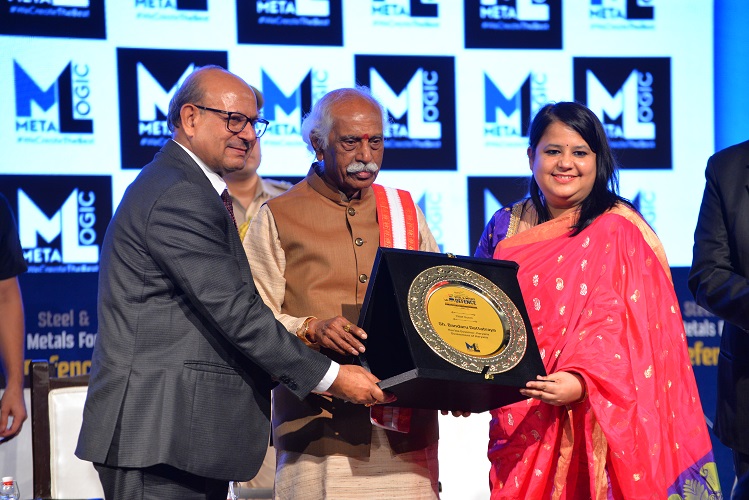FMCG: Top sources told FE that the new law has caused a great deal of discomfort among organized apparel retailers. It stipulates that any payment made to registered micro, small, or medium (MSME) enterprises after 45 days of receiving goods or services will not be recognized as an expense and added to the profit of the company for taxation purposes.
The amendment, which was recently introduced to the Finance Act 2023 under Section 43B (h), essentially states that payments to registered MSME suppliers that are made after 45 days will be included in the company’s profit rather than being considered an expense. According to chief mentor Rahul Mehta, “In the event of non-compliance, companies will have to pay income tax on MSME payments.” The Clothing Manufacturers Association of India (CMAI), the highest industry body, is pursuing the matter with the Finance Ministry. In the event that there is no written agreement, the proposed regulations will be more stringent because the required payment period will be 15 days rather than 45.
The organization has asked the Finance Ministry to postpone the rule’s implementation for the 2023–24 fiscal year indefinitely, in favor of a three-year timetable. Additionally, it has asked that payments for goods sourced from one MSME to another be exempt from the rule.
According to CMAI, some clothing retailers have already started to cancel their orders to registered MSMEs because they are still unsure if they will be able to meet the rule’s deadline of March 31, 2024, for the current fiscal year. In the upcoming weeks, there may be more cancellations, and depending on the size of the order, the loss from cancellations could reach Rs 5000–7,000 crore.
Although the rule affects all businesses,
Although the rule affects all businesses, the most harmed, according to tax experts, are pharmaceutical and fast-moving consumer goods (FMCG) companies, as well as apparel retailers, who rely on relatively long credit cycles to pay their suppliers, including registered MSMEs. Many of them worry that the new payment rule may put their business models in jeopardy because they frequently source from MSME suppliers.
When it comes to their suppliers and trading partners, FMCG, apparel, and pharmaceutical companies have credit cycles that can last anywhere from three to six months. A 45-day credit structure is too short a period for them because payments to the value chain are frequently dependent on sales revenue, according to Riaz Thingna, partner at Grant Thornton Bharat. The chief executive officer of Zydus Wellness, which produces the Complan line of healthy food drinks, Tarun Arora, stated that his company paid registered MSMEs within the allotted time. “It is ingrained in our system to pay on schedule. We are unaffected by any changes made to current regulations, he claimed.
Chief executive officers of certain FMCG companies, who opted not to be quoted, acknowledge that the de-recognition process as a cost of payments to MSMEs that are registered is severe. According to one CEO, “The new rule will have the unintended consequence of companies not wanting to deal with MSME suppliers in the future, even though the move to protect the MSME sector is welcome.” He adds, “The other effect here is that MSMSE suppliers may decide to de-register themselves out of concern for losing their clients’ business.”






